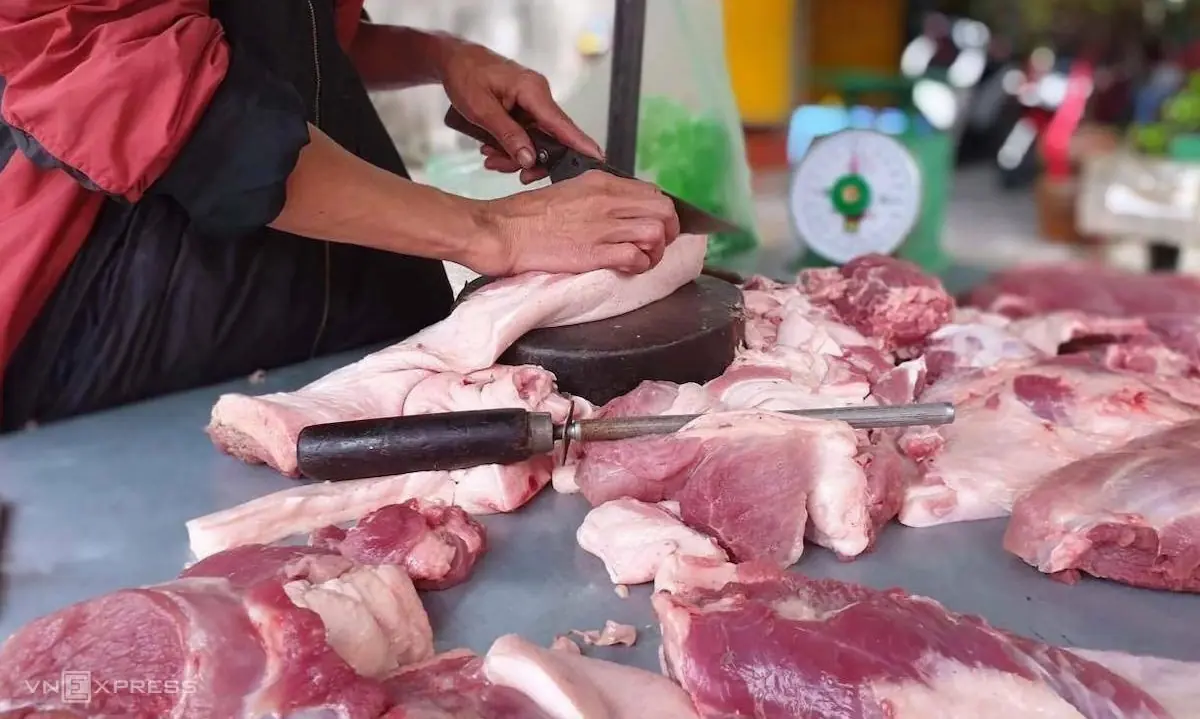
Costly Mistakes When Using Water Heaters That Can Skyrocket Your Winter Electricity Bills
Costly Mistakes When Using Water Heaters That Can Skyrocket Your Winter Electricity Bills
As winter approaches, the demand for hot water increases significantly, leading to higher electricity consumption. Water heaters are one of the most energy-intensive appliances in a household, and improper usage can result in sky-high electricity bills. Understanding the common mistakes people make when using water heaters can help you save energy, reduce costs, and extend the lifespan of your appliance.
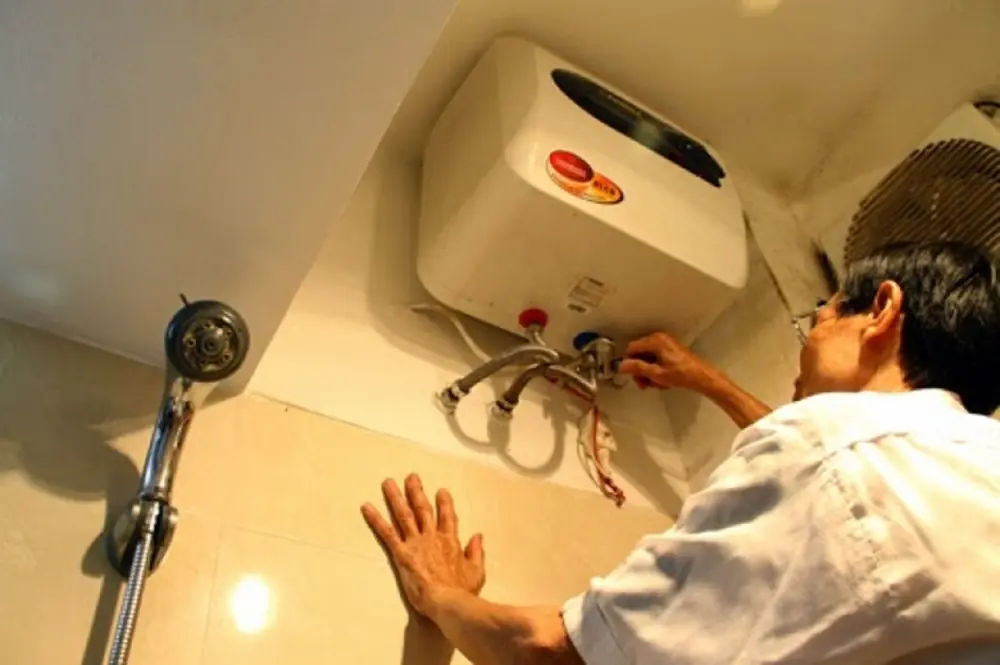
In this article, we will explore the most common water heater mistakes and provide practical solutions to maximize efficiency while keeping your winter energy bills under control.
1. Keeping the Water Heater On All Day
One of the most common mistakes is leaving the water heater switched on continuously. Many people believe that keeping it on all day ensures instant hot water and saves energy. However, this results in constant reheating, which significantly increases electricity consumption.
🔹 Solution: Turn on the water heater 15-30 minutes before use and switch it off once the water is hot. If your heater has a thermostat, set it to 50-60°C (122-140°F) to balance efficiency and safety.
2. Setting the Temperature Too High
Many people set their water heaters at extremely high temperatures, assuming it provides better heating. However, this not only wastes electricity but also increases the risk of burns and scalding, especially for children and the elderly.
🔹 Solution: Adjust the thermostat to a moderate level, ideally between 50-60°C (122-140°F). This reduces energy consumption and ensures safe water temperatures.
3. Not Insulating Water Pipes
Uninsulated pipes lose a significant amount of heat, causing the heater to work harder to maintain the water temperature. This leads to energy wastage and higher electricity bills.
🔹 Solution: Use pipe insulation materials like foam sleeves to retain heat and reduce energy loss. This simple step can improve heating efficiency by up to 10-15%.
4. Using an Old or Inefficient Water Heater
Older water heaters, especially those over 8-10 years old, consume more electricity due to wear and tear on heating elements and insulation breakdown.
🔹 Solution: If your water heater is outdated, consider upgrading to an energy-efficient model such as:
✅ Tankless (instant) water heaters – heat water only when needed, reducing standby energy loss.
✅ Solar water heaters – use renewable energy, significantly cutting electricity costs.
✅ Heat pump water heaters – consume 60% less electricity than traditional models.
5. Not Performing Regular Maintenance
Lack of maintenance leads to mineral buildup, corrosion, and reduced efficiency. Sediments accumulate at the bottom of the heater tank, making it harder to heat water, thereby increasing electricity consumption.
🔹 Solution:
✔ Flush the water heater tank every 6-12 months to remove sediments.
✔ Check the heating element and replace it if worn out.
✔ Inspect the pressure relief valve to ensure safety and efficiency.
6. Ignoring Water Leaks
A leaking water heater or pipes leads to continuous water wastage, forcing the heater to work harder to replace lost hot water. Even small leaks can add hundreds of dollars to your electricity bill over time.
🔹 Solution:
✔ Inspect the heater and connections regularly for leaks.
✔ Fix or replace damaged pipes, valves, or tanks immediately.
✔ Consider installing leak detectors for early warnings.
7. Using Hot Water Excessively
Long, hot showers and excessive use of hot water for washing clothes or dishes increase energy consumption drastically.
🔹 Solution:
✔ Limit shower time to 5-10 minutes to save water and electricity.
✔ Use cold water for laundry whenever possible.
✔ Install water-saving showerheads and faucets to reduce hot water usage.
8. Using a Large Water Heater for Small Needs
A high-capacity water heater consumes more power than necessary if your household doesn’t require much hot water.
🔹 Solution: Choose a water heater size based on your needs:
✅ Small households (1-2 people): 20-30 gallons
✅ Medium households (3-4 people): 40-50 gallons
✅ Large households (5+ people): 60+ gallons
9. Using the Heater During Peak Hours
Electricity rates are often higher during peak hours (morning and evening). Using the heater at these times increases your electricity bill.
🔹 Solution: Use hot water during off-peak hours or consider time-based electricity plans for lower rates.
10. Ignoring Smart Technology Solutions
Modern technology offers energy-efficient solutions that many people overlook.
🔹 Solution:
✔ Install a smart thermostat for automated temperature control.
✔ Use smart plugs or timers to schedule heater operation.
✔ Upgrade to an energy-star-rated water heater.
Final Thoughts: Save Energy, Save Money
Avoiding these common water heater mistakes can help you reduce electricity bills, extend the heater’s lifespan, and ensure efficient heating throughout the winter. By adopting energy-efficient habits and investing in modern heating solutions, you can enjoy hot water without financial stress.
💡 Start making small changes today and experience big savings on your winter electricity bill!
News in the same category

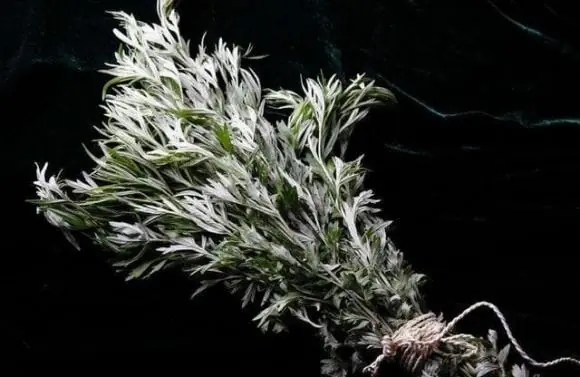
Hang these leaves at your door and watch flies and mosquitoes disappear

Identifying Venomous vs. Non-Venomous Snakes

The surprising trick of sticking cloves into an onion
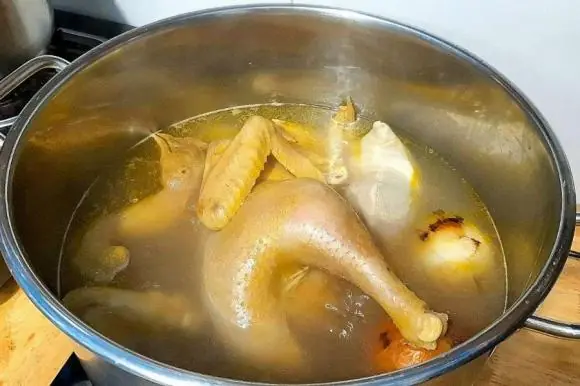
A Step Many Think Makes Chicken “Clean” Actually Does the Opposite: Experts Everywhere Say Stop Immediately
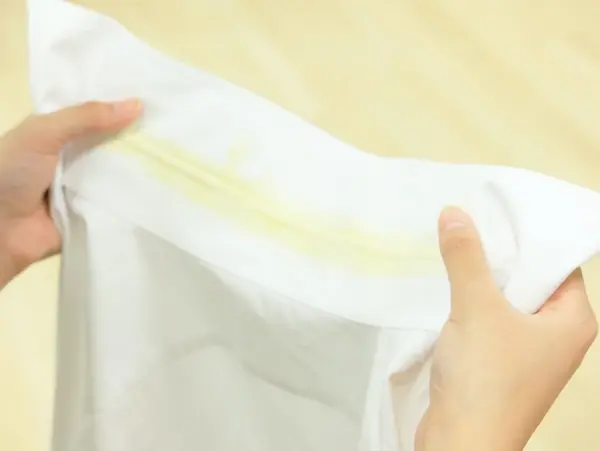
4 simple and effective tips to clean yellow sweat stains on white shirts at home that anyone can do it
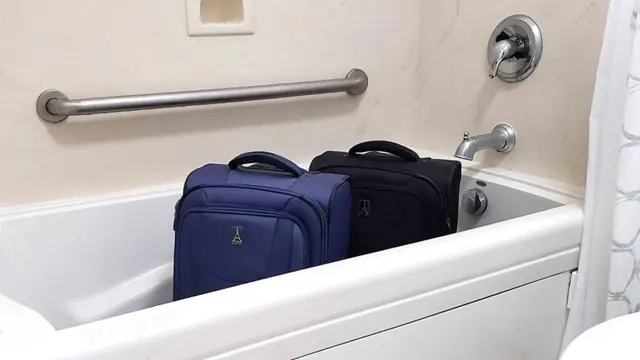
Why many people place their suitcase in the bathtub right after checking into a hotel room
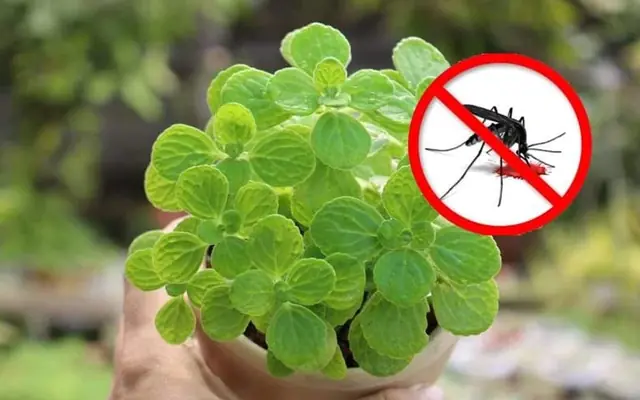
7 Beautiful, Fragrant Plants That Naturally Repel Mosquitoes
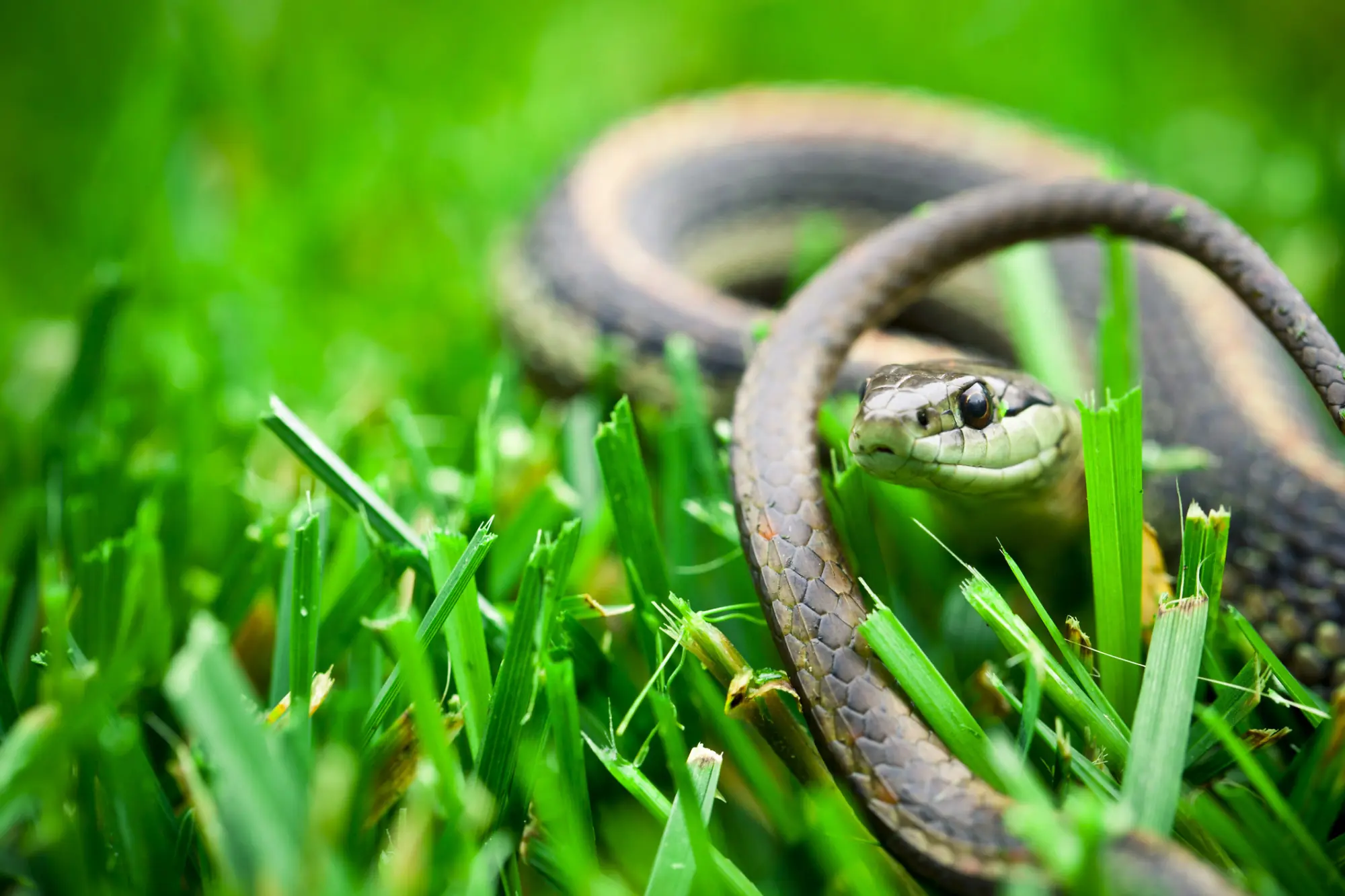
Plants That May Attract Snakes to Your Home: What You Should Know
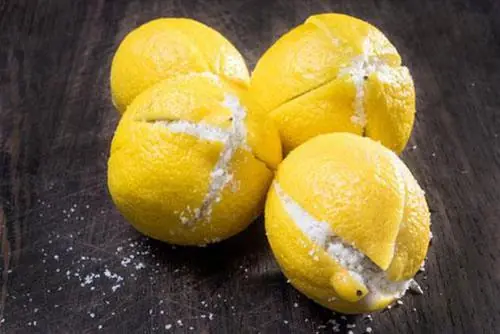
Little-known benefits of placing lemon with salt in the room
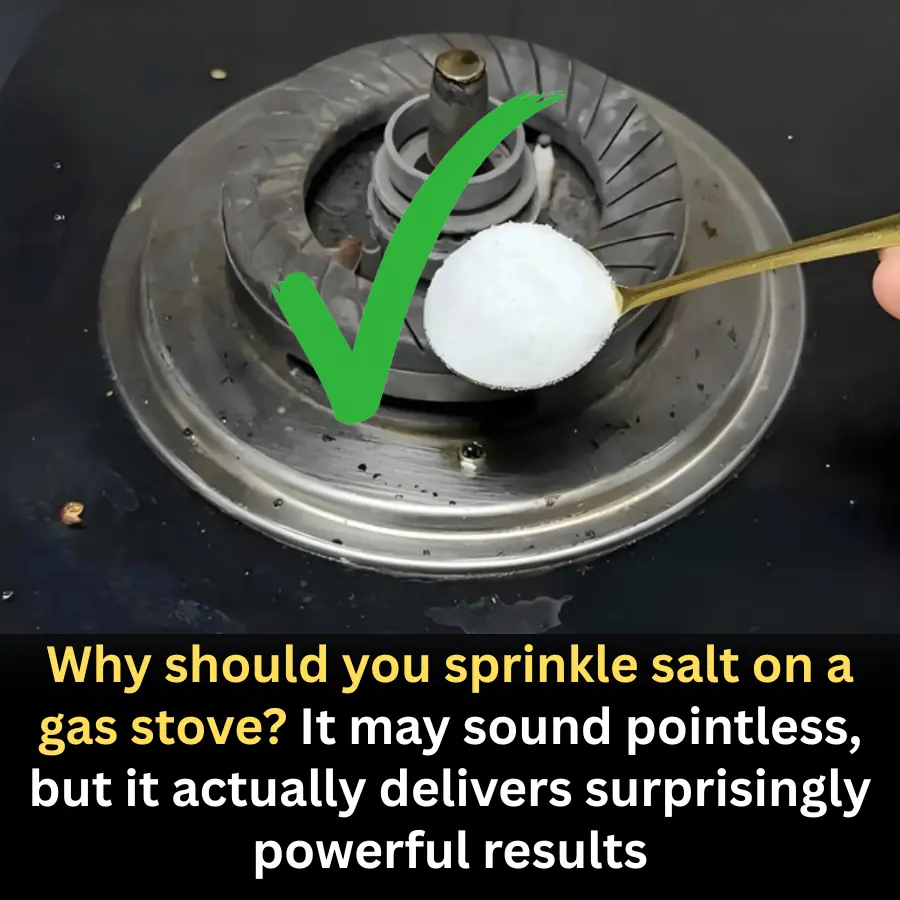
Why Sprinkling Salt on a Gas Stove Is a Smart Household Trick

A Simple Kitchen Trick: Add This Fruit When Boiling Duck to Remove Odor and Boost Flavor

Never store your cooked rice without knowing this
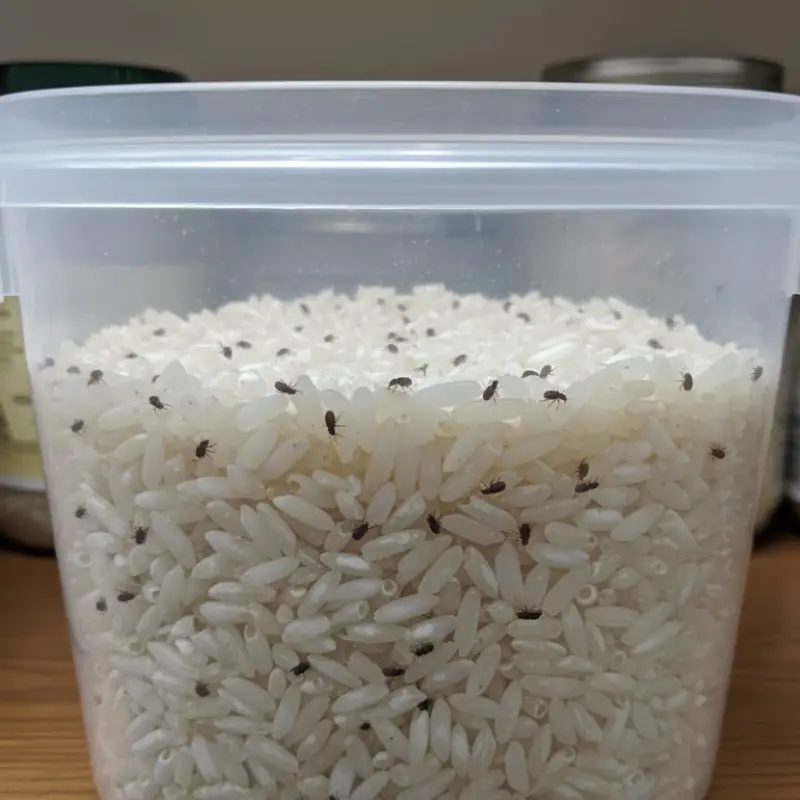
How to store rice to prevent insects and mold: Tips to keep rice fresh and flavorful

Why placing a roll of toilet paper in the fridge can effectively remove odors?
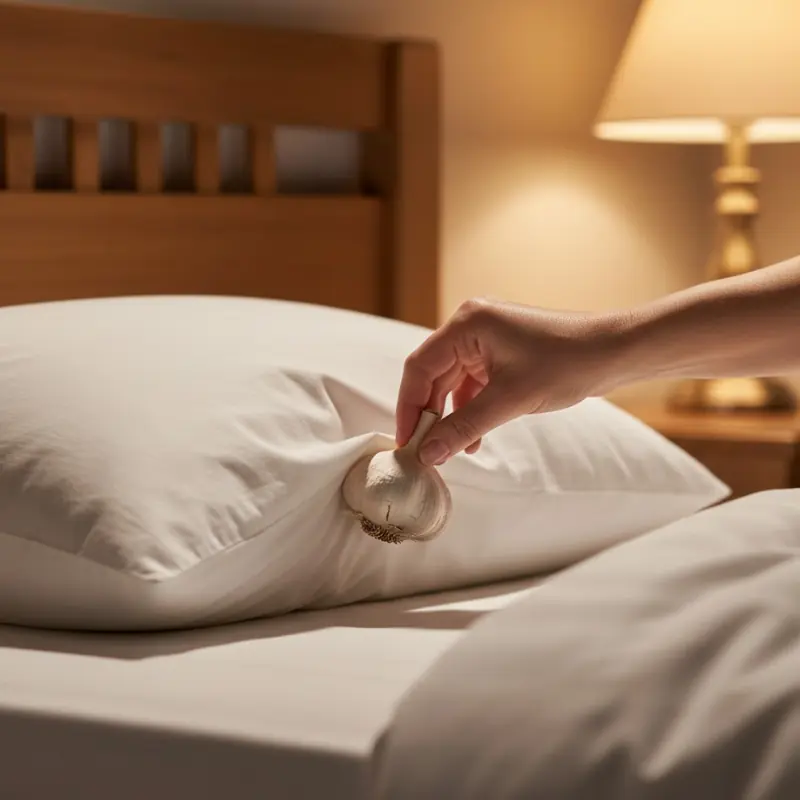
Why Should You Place Garlic by Your Bedside at Night? Everyone Will Want to Try It Immediately
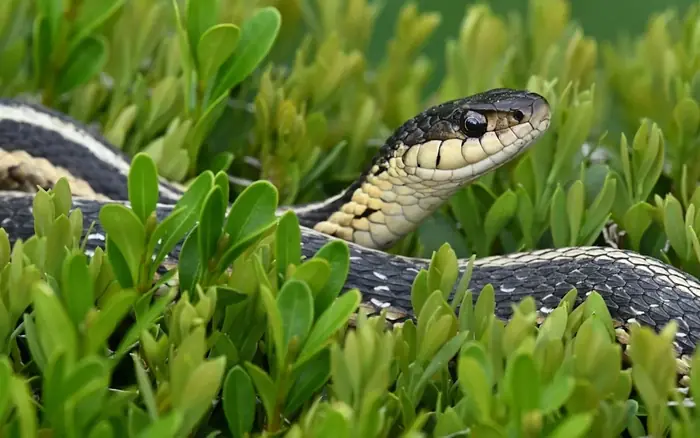
6 plants that snakes are strongly attracted to, and 3 that naturally keep them away
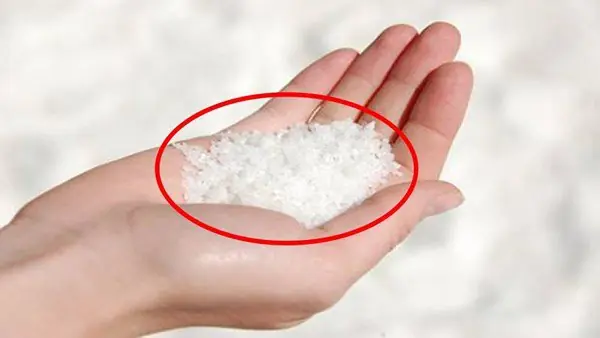
Sprinkling salt in door cracks: A simple habit with surprising meaning and practical benefits
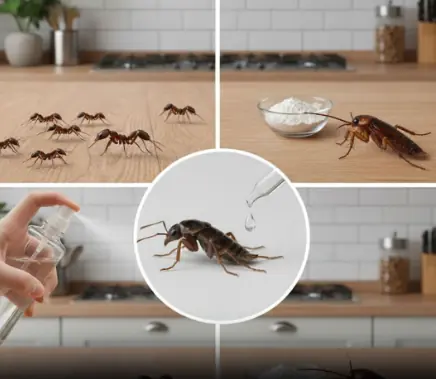
Goodbye fleas, ants, and cockroaches with this home remedy
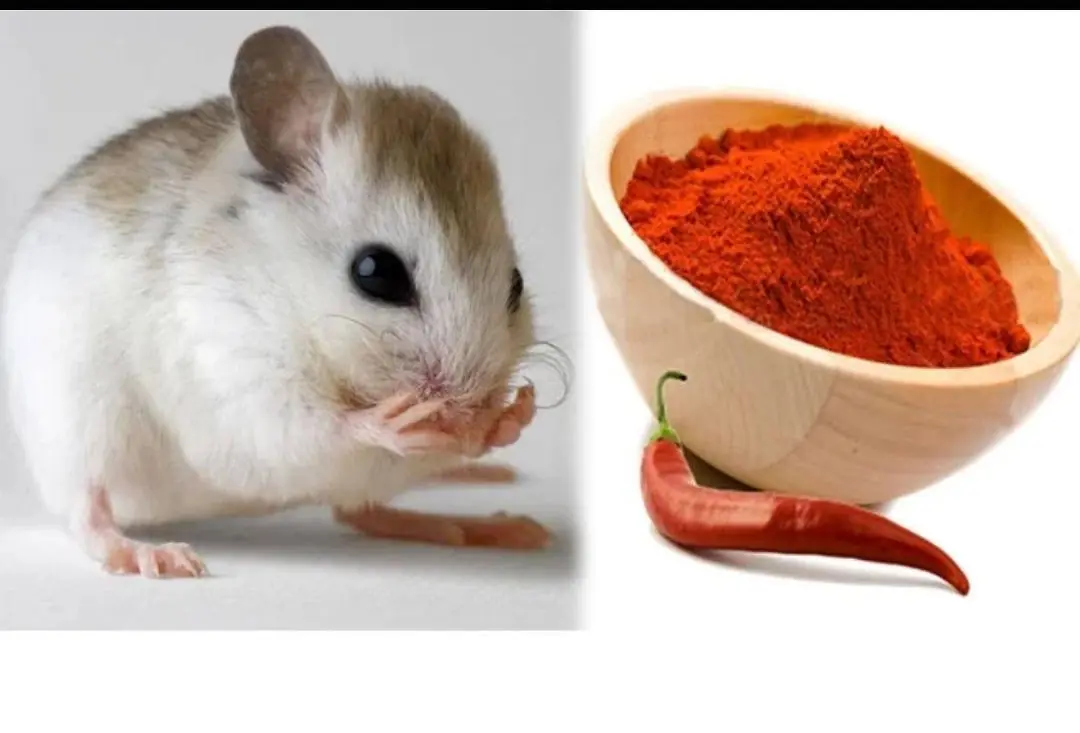
3 Easiest Ways to Get Rid of Mice in Your House
News Post

Does eating liver really nourish the liver? The scientific truth may surprise you

7 warning signs of nasopharyngeal can.cer: Miss the first one, and treatment becomes extremely difficult.
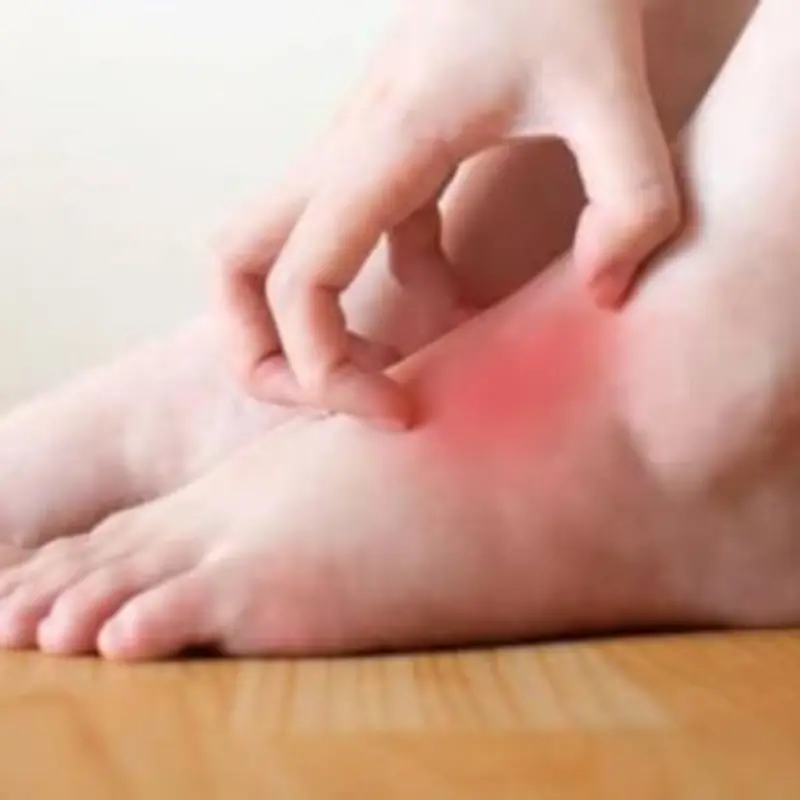
These 5 Foot Symptoms Could Be a Hidden Warning Sign of Diabetes

Stroke and heart attacks often target this group: 7 things you must do now before it’s too late

This vegetable is known as the ‘king of anti-cancer vegetables’: Small in size, but surprisingly powerful in health benefits

The small button on your phone that connects to Wi-Fi automatically: No password needed, no mobile data used — what’s the truth?
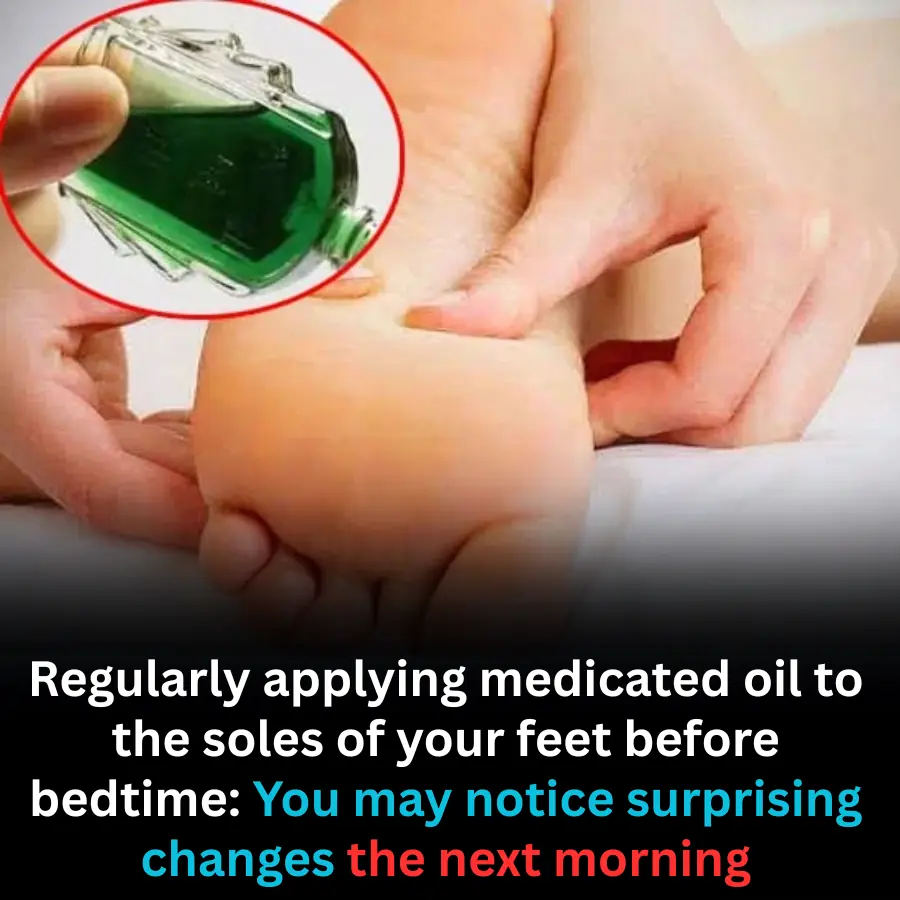
Applying Medicated Oil to the Soles Before Sleep: A Traditional Practice with Potential Benefits
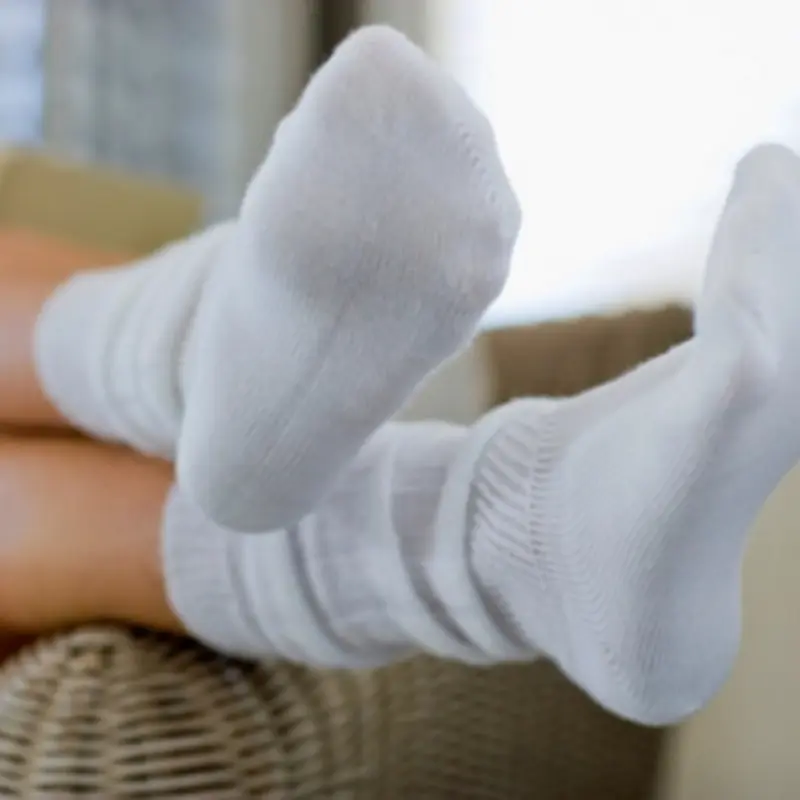
Why Many Japanese People Sleep with Socks On All Year Round
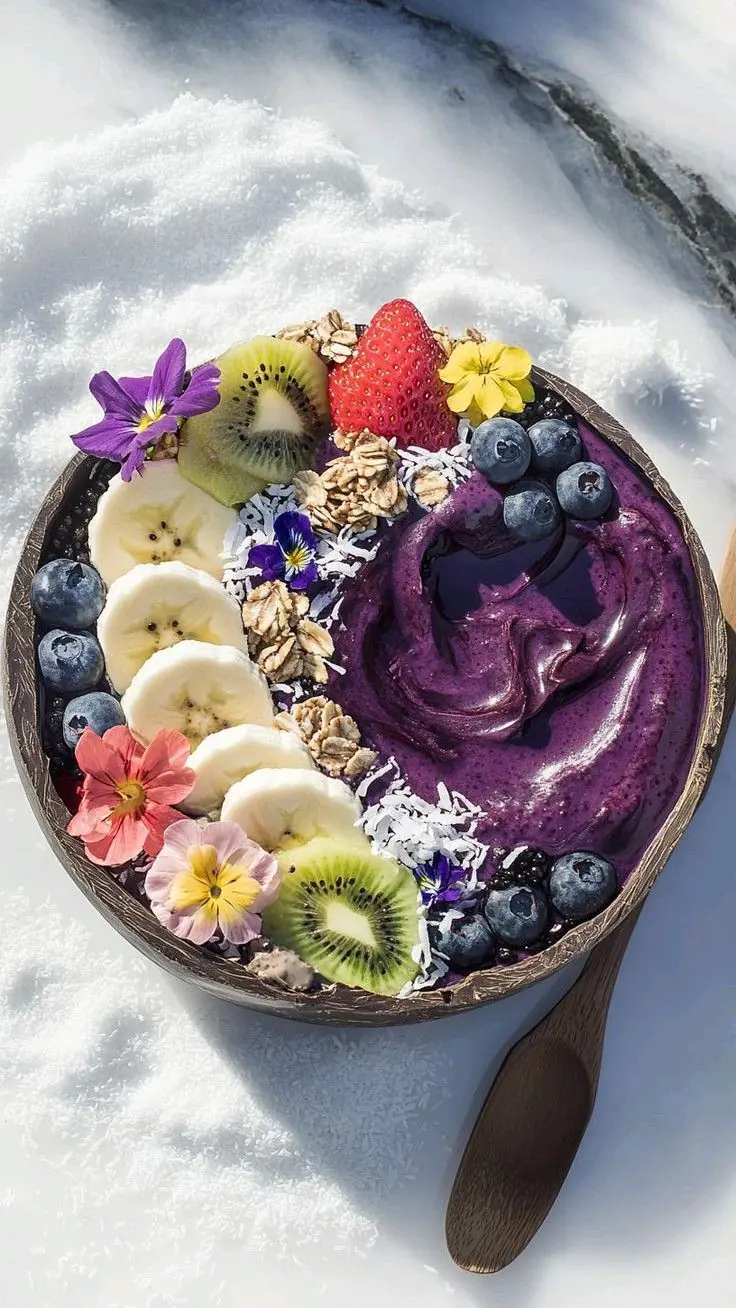
Blueberry Banana Swirl Smoothie Bowl

Two types of pork that look very fresh and delicious but should absolutely not be bought — sellers rarely reveal this

🍓 Strawberry French Toast Squares
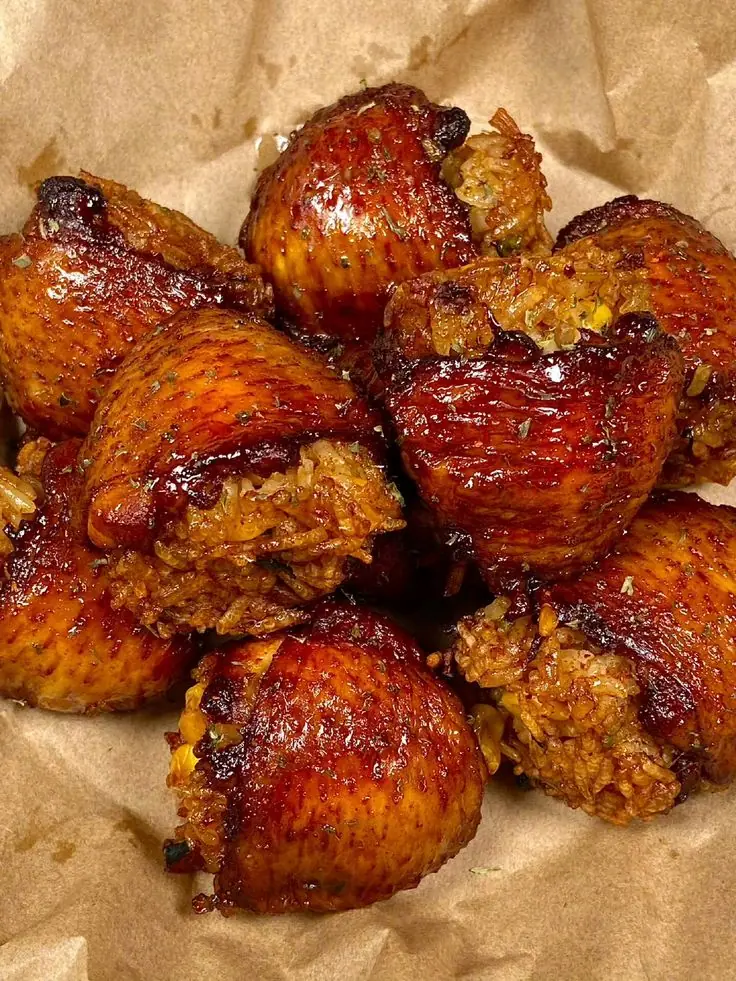
🍗 Glutinous Rice–Stuffed Chicken Wings

Your kid.neys may be in trouble: 8 warning signs
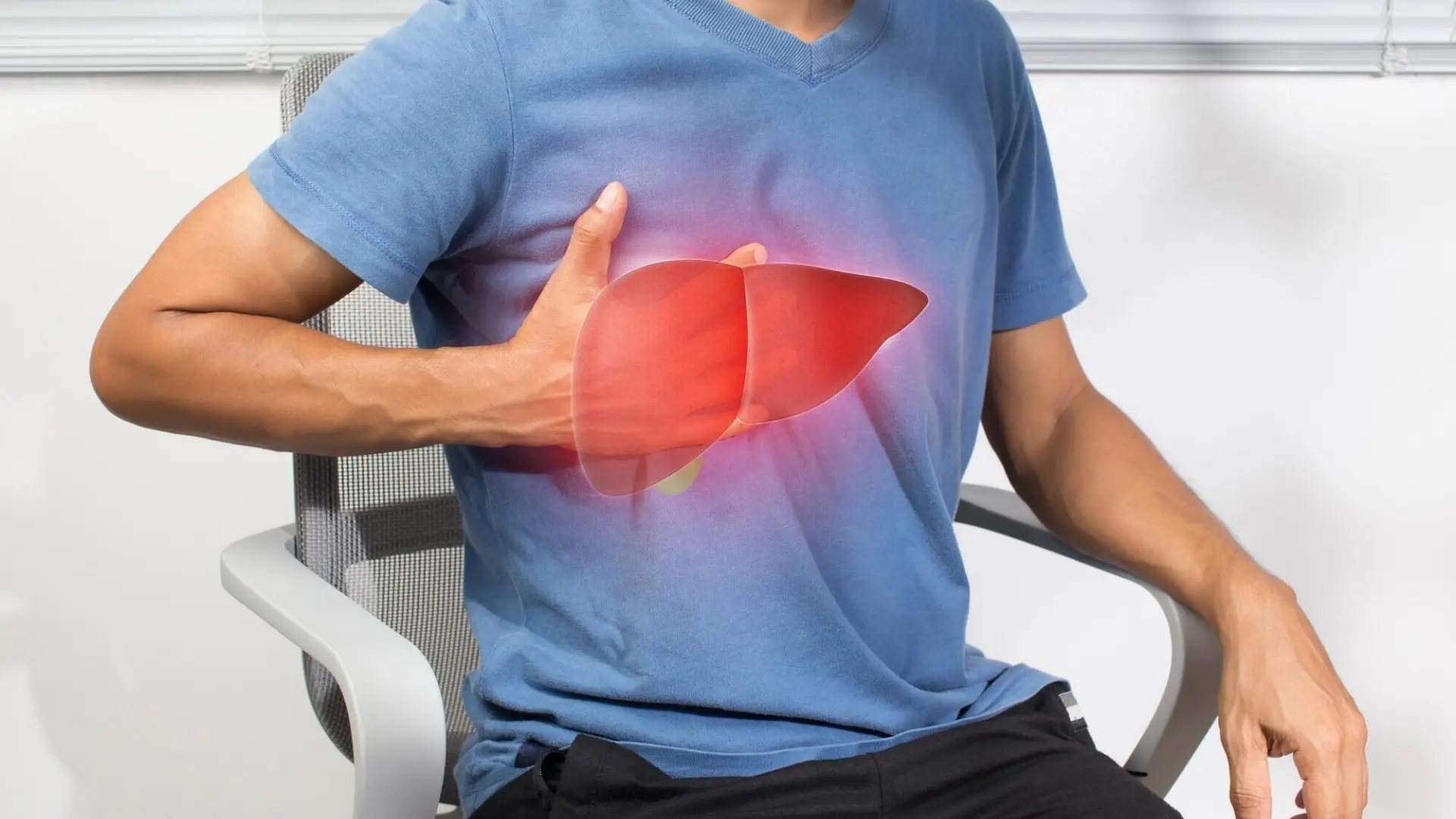
5 warning signs your li.ver may be in a severe stage: See a doctor immediately if you notice even one!
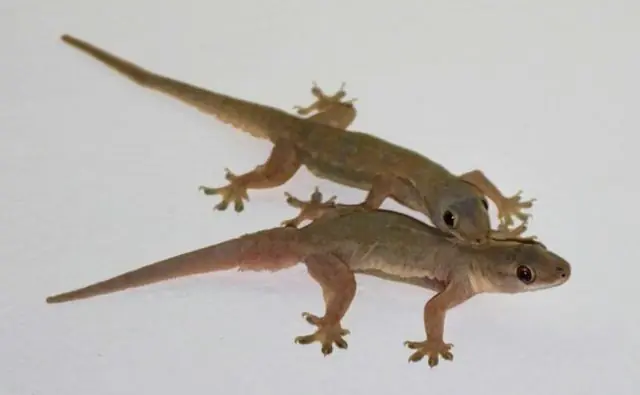
When a lizard visits your house that’s a sign...
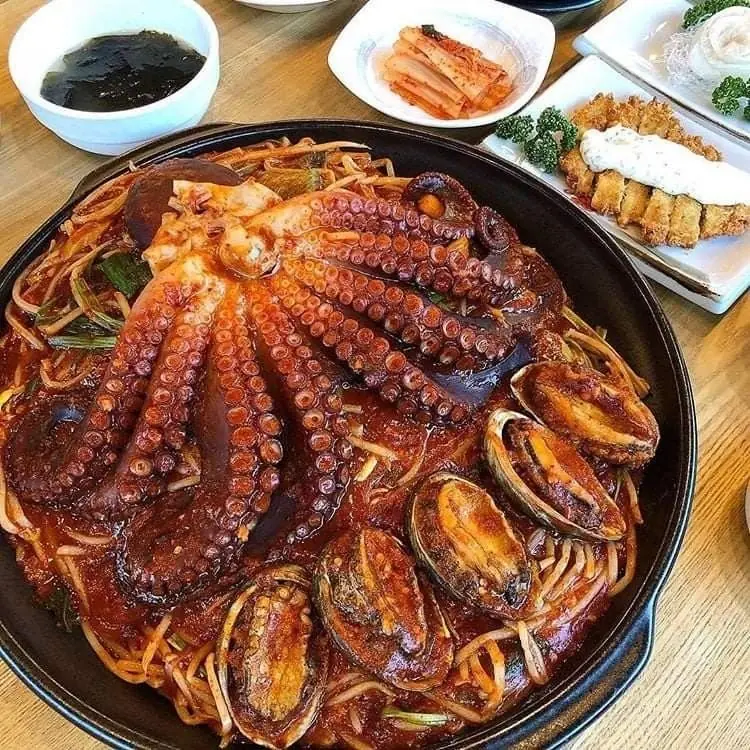
🌶️ Korean Spicy Seafood Noodle Soup (Jjampong Style)
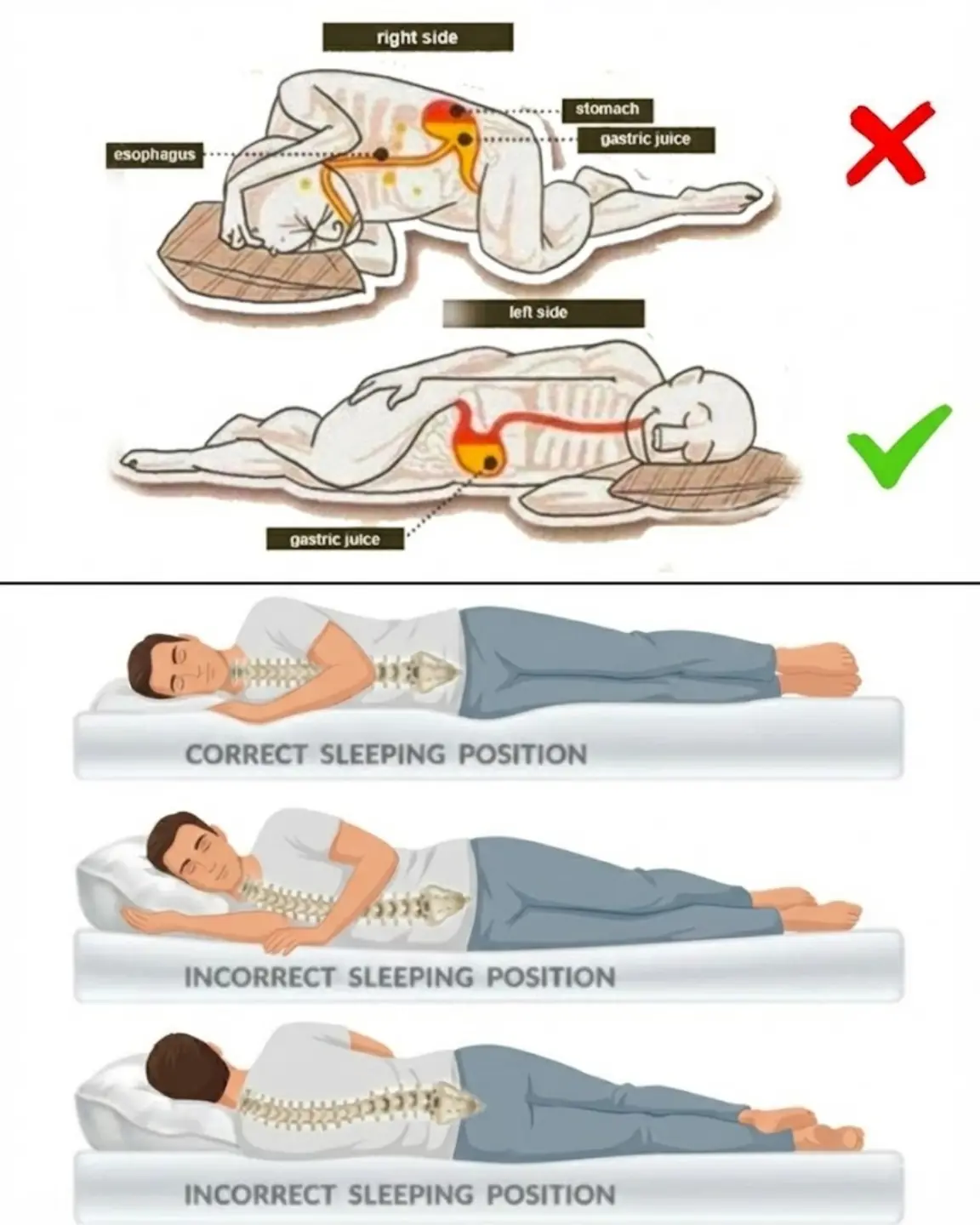
7 benefits of sleeping on your left side
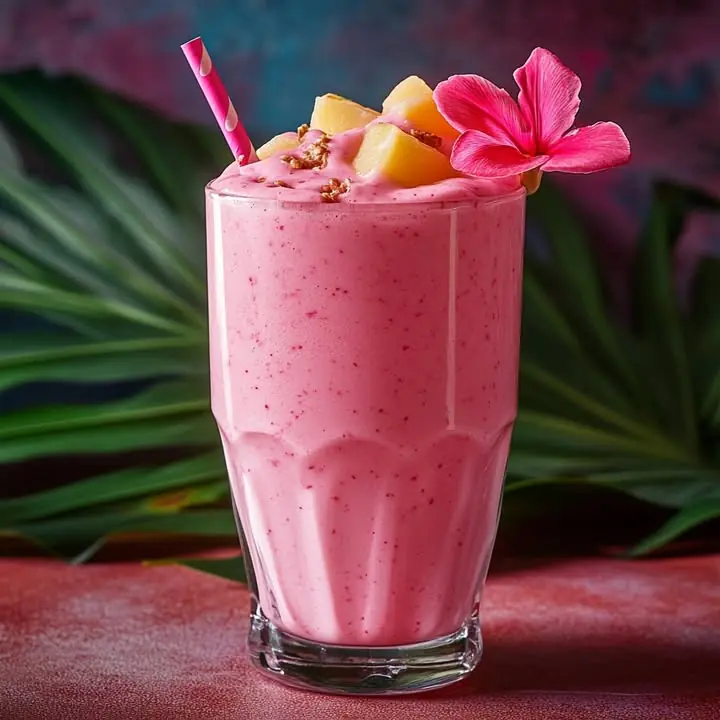
Flamingo Pink Tropical Smoothie
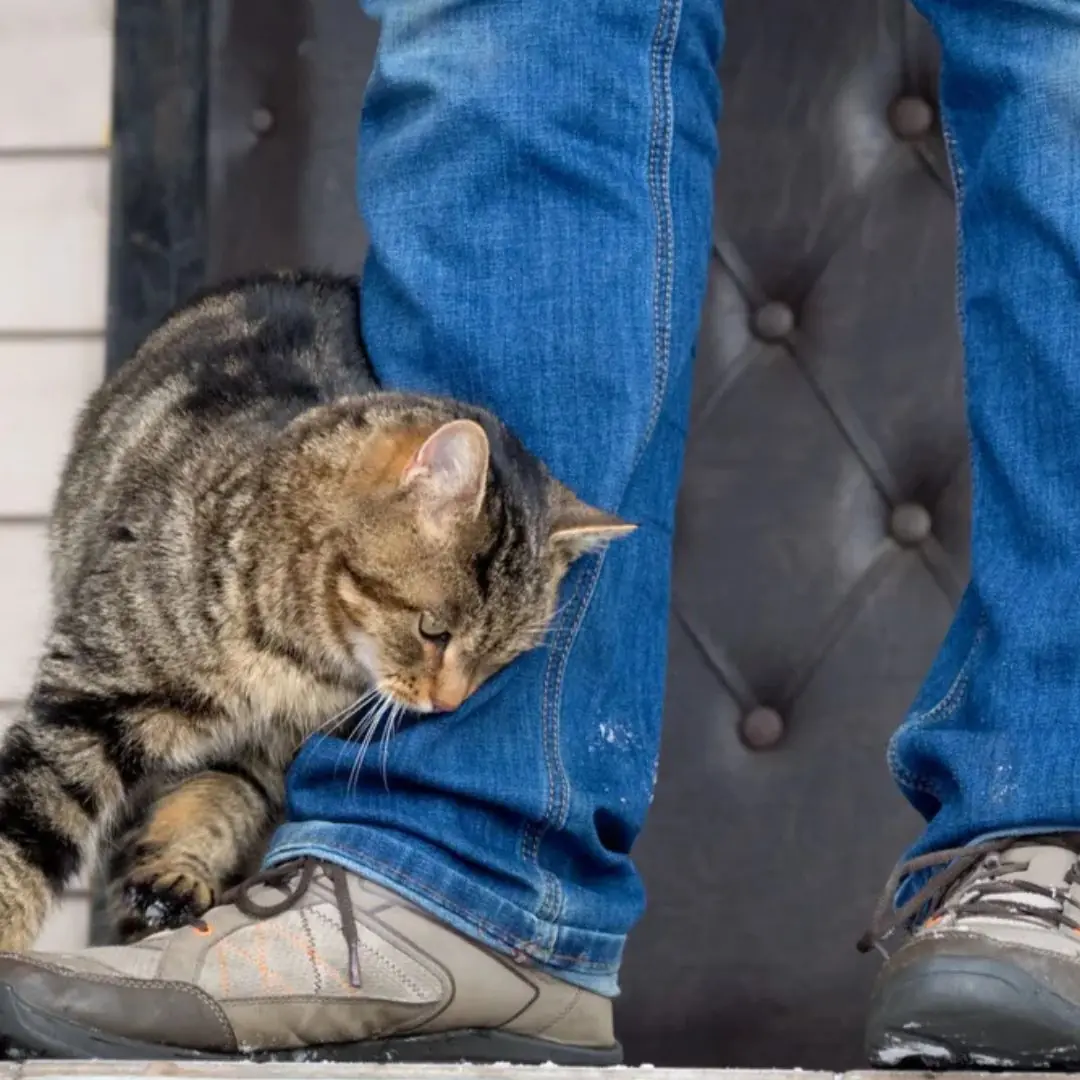
Did you know that cats rub against you when they notice that you have something unusual about you?
